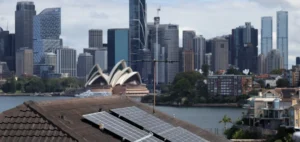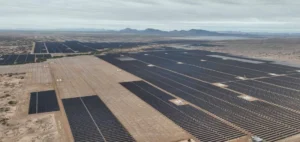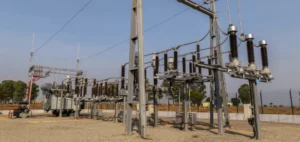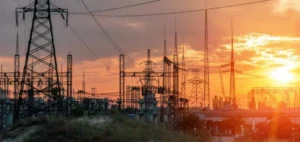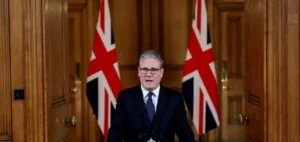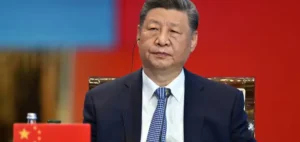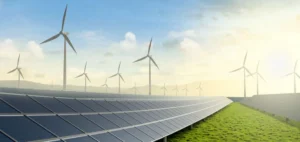The European Parliament and the Member States of the European Union announced on March 1, 2023 that they had reached an agreement to create a European “green” bond standard. This European standard is becoming a global reference for financing the ecological transition. Investors are showing a huge appetite for “green debt”, which is intended to finance renewable energy infrastructure, low-carbon transport or well-insulated housing.
Certify the sustainability of investments
A common standard for certifying the sustainability of investments did not exist in the EU until now. The “European green bond standard”, proposed in July 2021 by the Commission, will allow investors to direct their investments with more confidence towards more sustainable technologies and companies, the Parliament points out in a statement.
The standard is aligned with the EU taxonomy, legislation that defines economic activities that can be considered sustainable. The taxonomy guides the private investments that must help the EU reach its climate neutrality goal by 2050. Its criteria are defined by independent experts.
The proceeds of European green bonds will have to be invested in activities aligned with the taxonomy, “provided that the sectors concerned are already covered by it,” said the Council, which represents the 27 member states.
Flexibility for other sectors has been provided
Flexibility has been provided for the other sectors, which may represent up to 15% of the amounts issued, provided that they comply with the requirements of the taxonomy, pending the establishment of ecological criteria. The need for this flexibility will be reassessed at a later date.
“The agreement reached late Tuesday by the institutions’ negotiators must still be formally confirmed by the Council and the European Parliament in the coming weeks. It will start to apply 12 months after its entry into force. Investors will find it easier to have confidence in the sustainability of their investments, which will reduce the risk of greenwashing,” said Elisabeth Svantesson, Swedish Finance Minister, whose country holds the six-month presidency of the EU Council.
The European Union “has taken a big step to green this massive market,” said Dutch Social Democrat MEP Paul Tang, rapporteur for the text in Parliament, estimating the volume of bond transactions in Europe at 100,000 billion euros per year.



